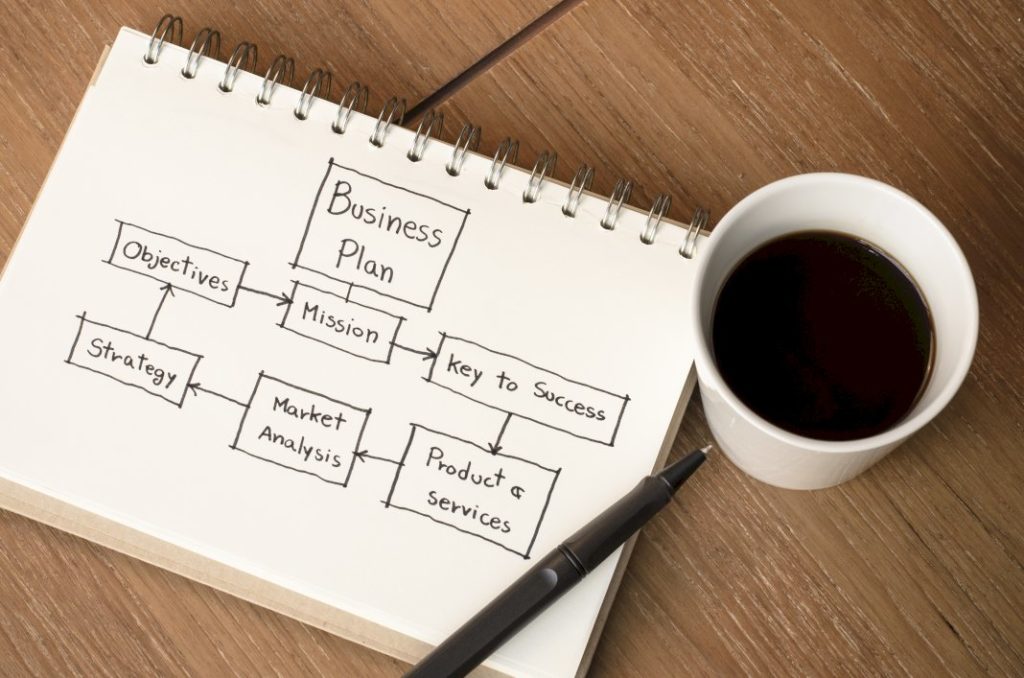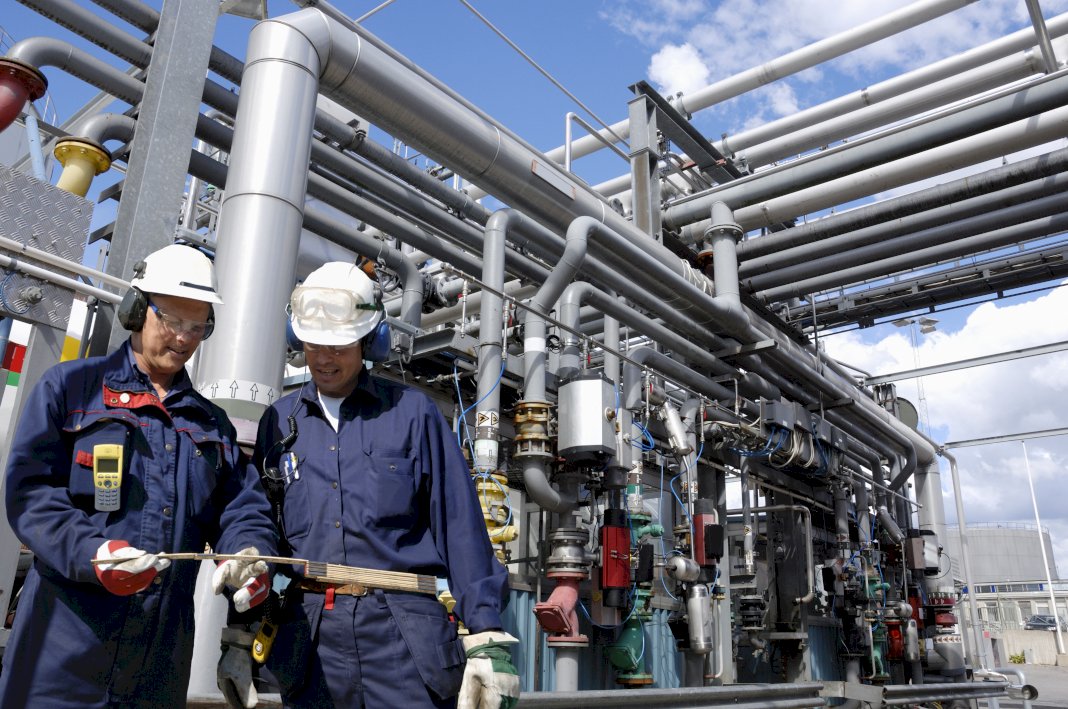- Thorough planning, market research, and a comprehensive financial plan are crucial for starting an industrial facility.
- Choosing the right location considering accessibility, raw material availability, and zoning compliance is necessary.
- Prioritizing safety, ensuring compliance with regulations, and investing in security features are cornerstones of success.
- Implementing a sliding gate, RFID system, and critical control system enhances physical and operational security.
Starting an industrial facility from scratch can be an overwhelming and daunting task. There are a lot of things to consider, such as location, equipment, staff, and financial investment. It’s not just starting a business but also building something that will last for a long time. However, with proper planning, hard work, and resilience, anything is possible. This article will provide tips and insights for business visionaries who want to successfully start an industrial facility from scratch.

Create a Solid Plan
Every successful venture begins with a solid plan. Before embarking on your journey of starting an industrial facility, you need to create a comprehensive business plan that outlines your goals, objectives, and how you plan to achieve them. This plan should include information about the following:
Market Research
Thorough market research is a pivotal first step in establishing an industrial facility. It involves understanding the current market trends, identifying potential customers, and analyzing competitor strategies. This will provide you with an understanding of where your facility fits into the overall industrial landscape and how you can differentiate your business. Utilize tools such as SWOT analysis to identify your strengths, weaknesses, opportunities, and threats in the marketplace.
Financial Plan
A comprehensive financial plan is foundational to the success of your industrial facility. This should detail your estimated startup costs, ongoing operational expenses, projected revenue, and profit margin. It’s essential to be realistic about your figures, taking into account potential challenges and market fluctuations. Remember, securing financial backing will be more straightforward if your financial plan is robust and well-articulated.
Location
Choosing the right location for your industrial facility is a crucial aspect that can significantly influence your business’s success. The site must be accessible for employees and transportation of goods. It should also comply with zoning regulations and environmental laws. Consider factors like proximity to raw materials, labor markets, demand centers, and infrastructure such as roads, ports, and power supply.
Focus on Safety and Compliance
One of the cornerstones of running a successful industrial facility is ensuring safety and compliance with all relevant regulations. Industries have strict safety standards, and non-compliance can lead to hefty fines, legal actions, and even shutdowns.
From machinery safety and handling hazardous materials to following best practices for employee health, every facet of your operation should prioritize safety. Additionally, understanding and adhering to local, state, and federal regulations are key to maintaining not only the safety of your workforce but also the integrity of your business.
In some cases, it may be beneficial to hire a safety consultant or create a safety committee within your facility to ensure ongoing compliance and identify potential hazards.
Invest in Security Features
Security is an integral part of any industrial facility, and investing in it can prevent potential losses and disruptions. This includes both physical security to protect your assets and cyber security to guard against data breaches. Implementing systems such as surveillance cameras, secure gates, alarm systems, and advanced cybersecurity measures is essential. Here are other security features to invest in:
Sliding Gate
A sliding gate is an essential security feature for any industrial facility. It restricts unauthorized access and controls vehicle movement into and out of the premises. The success of a sliding gate’s functionality heavily depends on the sliding gate wheel, which facilitates smooth and effortless movement of the gate. Be sure to invest in high-quality sliding gate wheels to ensure durability and efficient operation for years to come. It’s a small detail that plays a significant role in your overall security plan.
RFID System
Radio Frequency Identification (RFID) is a technology used to track and identify objects using radio waves. This system can be beneficial in an industrial facility as it allows for easy monitoring of inventory, assets, and personnel movement. It also provides real-time data on the location of items within your facility.
Key Control System
A key control system allows you to keep track of who has access to certain areas and equipment within your industrial facility. This can prevent unauthorized individuals from accessing sensitive areas or using equipment improperly. With a key control system, you can easily monitor and restrict access as needed.
Starting an industrial facility from scratch can be a challenging but rewarding experience. It requires a lot of planning, hard work, and dedication, but the result can be a successful venture that creates jobs and drives innovation. To succeed, you need to create a solid plan, prioritize safety and compliance, and invest in security features. By following these tips, you can lay a strong foundation for your industrial facility and set yourself up for long-term success.


